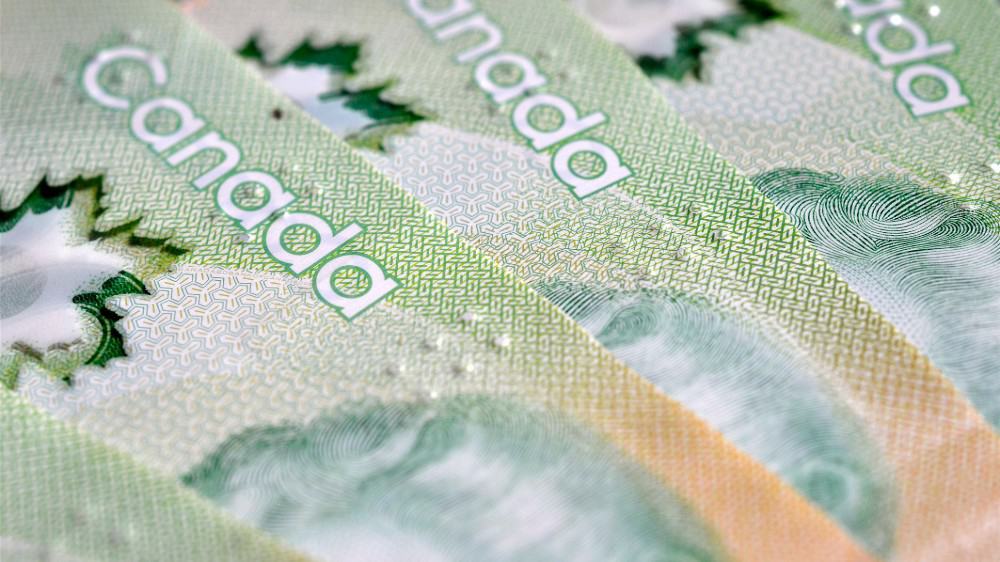Last week, the House of Commons passed Justin Trudeau’s $107 billion COVID-19 aid package after significant delays. The plan was well received for its support for families and businesses but faced opposition over government-spending power clauses. After some negotiation, the government and opposition reached an agreement and voted in favour of the bill.
With the disagreements resolved and the bill passed, it’s only a matter of time until Canadians start receiving benefits. If you’re out of work, sick, or a small business owner, you may be entitled to some of them. In this article, I’ll explore a surprisingly generous cash payout you may get from the Canada Revenue Agency, along with a few smaller benefits you could receive.
The Canada Emergency Response Benefit
The Canada Emergency Response Benefit (CERB) is a cash transfer for people out of work due to COVID-19. Administered by the Canada Revenue Agency, it pays out $2,000 per month for up to four months. The program is similar to employment insurance (EI) but has fewer eligibility requirements. Even if you’ve never paid into EI, you can receive the CERB. Additionally, the CERB is administered separately from EI. The former is administered through the Canada Revenue Agency, the latter through the Canada Employment Insurance Commission.
Much-needed relief for investors
In addition to the CERB, Trudeau’s COVID-19 aid package has some benefits for investors. The most significant of these are tax deferrals. Normally, you have to file and pay your taxes by the end of April. Under the new aid package, you can delay filing until June and paying until August 31. This gives you plenty of time to pay any dividend and capital gains taxes you owe and avoid interest and penalties.
Another benefit for investors is support for Canadian financial institutions. To help banks function smoothly, the Bank of Canada will buy back mortgage bonds and issue loans to provide liquidity. Additionally, the federal government will purchase up to $50 billion worth of uninsured mortgages.
These actions are especially good news for banks like the Canadian Imperial Bank of Commerce.
CIBC is one of the most domestic-oriented Canadian banks. As a result, it is highly exposed to Canadian mortgages, oil and gas loans, and consumer credit. All three of these are in rough shape right now. Mortgages are under pressure from Canadians being out of work. Oil and gas loans are at risk of default from the oil price collapse. Credit card debt is at an all-time high ($100 billion) while Canadians’ credit scores are declining. A geographically diversified bank like TD Bank could absorb these risks with better performance in other regions. A bank like CIBC, however, is pretty vulnerable to the weakness in the domestic economy.
Banks make up the lion’s share of the TSX’s market cap, so most Canadians’ portfolios are heavily weighted in banks. Even if you don’t own bank stocks directly, you may have high exposure to them through index ETFs. Consequentially, the government’s actions to support banks may be good news for your portfolio.









